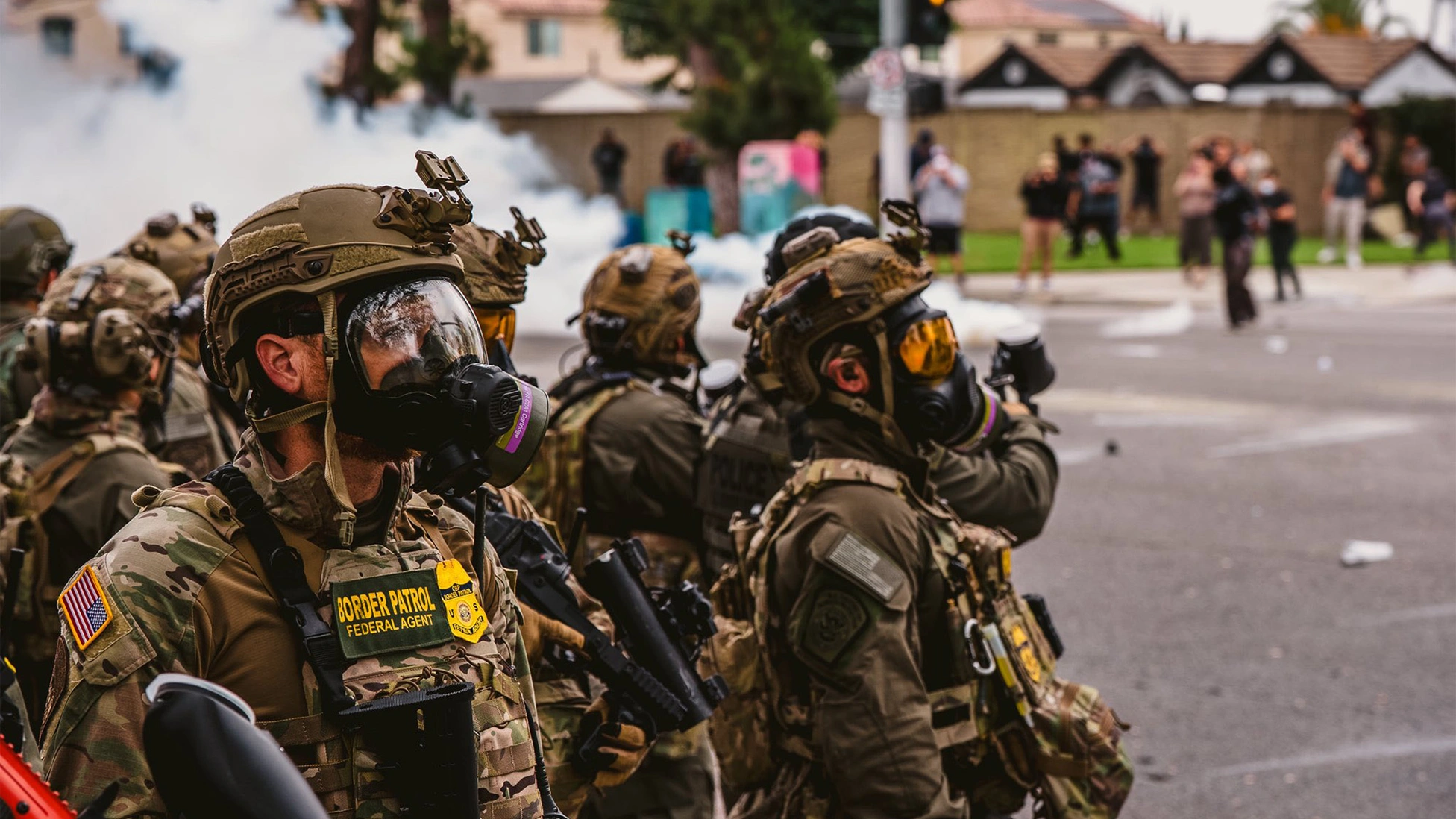In the last few minutes of today’s January 6 committee hearing, Representative Liz Cheney presented evidence of possible witness intimidation. Several witnesses, she reported, had received messages from shadowy persons purportedly close to former President Donald Trump that implicitly warned of consequences to follow if those witnesses told the truth about his conduct.
That is one sort of attempted cover-up. The most effective cover-up of the January 6 conspiracy is not the one being organized in the shadows but the one taking place in broad daylight.
Everybody in any way connected to the investigation anticipates that if Republicans win control of the House of Representatives in November, these hearings will be shut down. Congressional Republicans who took the other side against Trump have lost their political careers: Liz Cheney is now a pariah within a party that has a place for Marjorie Taylor Greene and Paul Gosar. The hearings happened only because the Democrats held a majority in the House, and the hearings will continue only so long as that majority remains in place.
So the United States has arrived at a bizarre and terrifying predicament. On the ballot in November’s elections is not just the usual stuff of politics—inflation and taxes, infrastructure and national defense—but also this supreme question: Should Americans know the full truth about the former president’s attempt to overturn by violence an election he lost?
The Republicans do not have to be the cover-up party. That’s a choice. In fact, the story of the hearings has been the courage and integrity of many individual Republicans, culminating most spectacularly with the heroic testimony of the former White House aide Cassidy Hutchinson. But as an institution, the party has, to date, made a pro-Trump cover-up its policy. This policy of protecting the ex-president involves excusing the worst political crime in the history of the presidency—what looks more and more like a fully planned attempt to hold on to the highest office in the land, first by fraud, then by force. A coup d’état.
One of the things we’ve learned about his administration is that Donald Trump did not get much value from his true believers. They usually turned out to be too crazy, too crooked, or too stupid to gain and exercise power for him. He got most value from the weak and the supine who could wield some power more or less competently. House Republican leader Kevin McCarthy is on record and on audio condemning Trump’s coup at the time that it happened. Since then, he has shriveled into the enabling role he has played over the past 18 months.
As we saw with Senator Mitch McConnell’s willingness to let a gun-safety bill advance through the Senate, even cold-blooded politicians are not always wholly amoral actors. They are also not wholly indifferent to their future reputations. That’s one of the reveals of these hearings: that even many people who were prepared to walk a long way down Trump’s corrupt and authoritarian road were not willing to go along with a violent overthrow of the Constitution.
So Americans must start asking and keep asking: Leader McCarthy, will you be part of the cover-up? Will you try to protect Trump when the matter is handed over to the Department of Justice?
When all of this is finished, a few heroes will stand out: Hutchinson and Cheney, at the top of the list. Some downright villains, too. And the many dupes and fools. But most apparent of all will be the people who were weak and venal until the hour of decision—and then either went along with a president’s wrongdoing, as did Chief of Staff Mark Meadows, staring helplessly into his phone, or sided with the Constitution under violent attack, as Vice President Mike Pence did.
Is there any of that last flicker of decency and independence alive in the Republican who may soon lead the House majority? Or is McCarthy a worm through and through?
We’ll know soon, when voters mark their ballots. The future of American democracy may turn on the answer.







